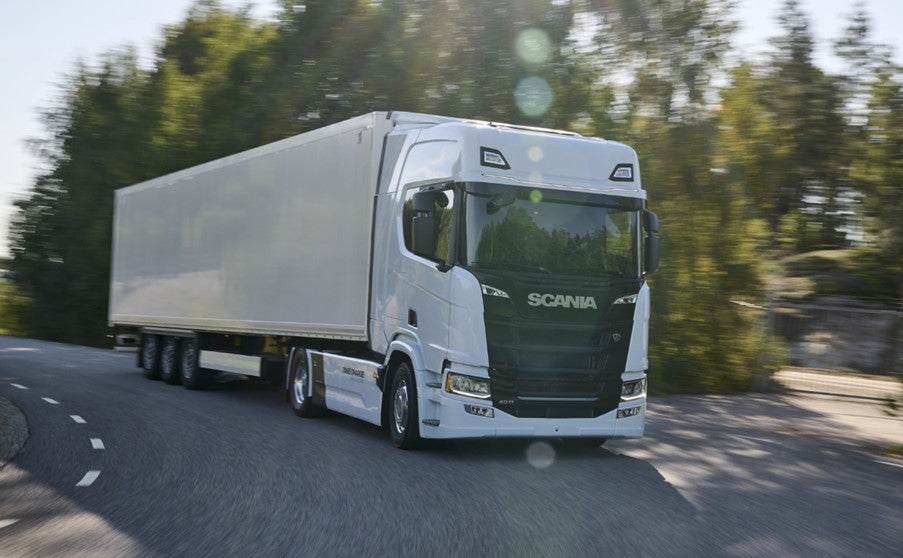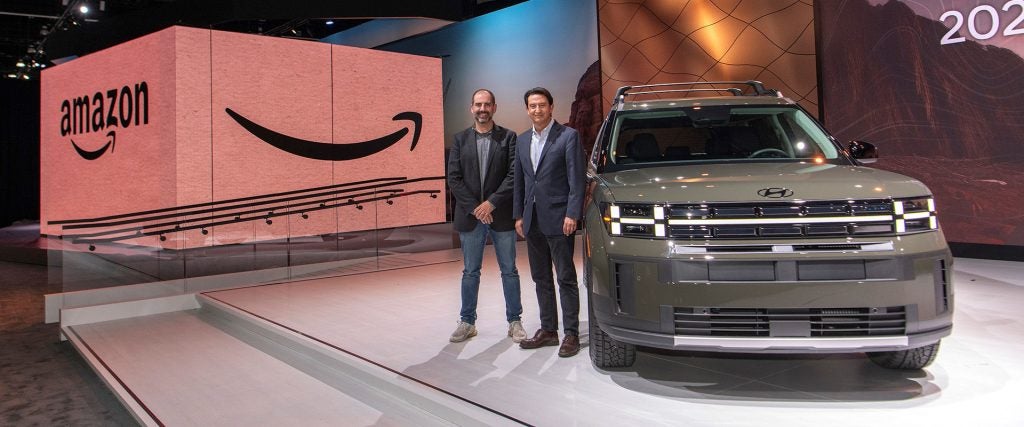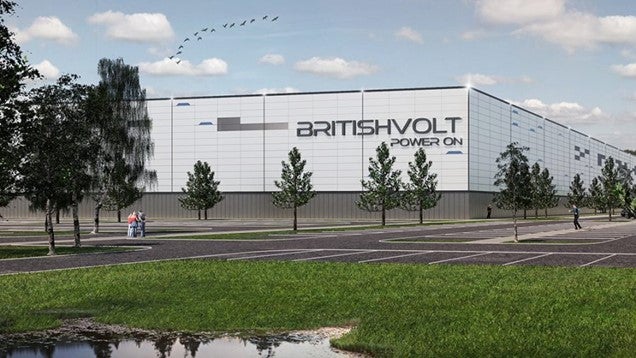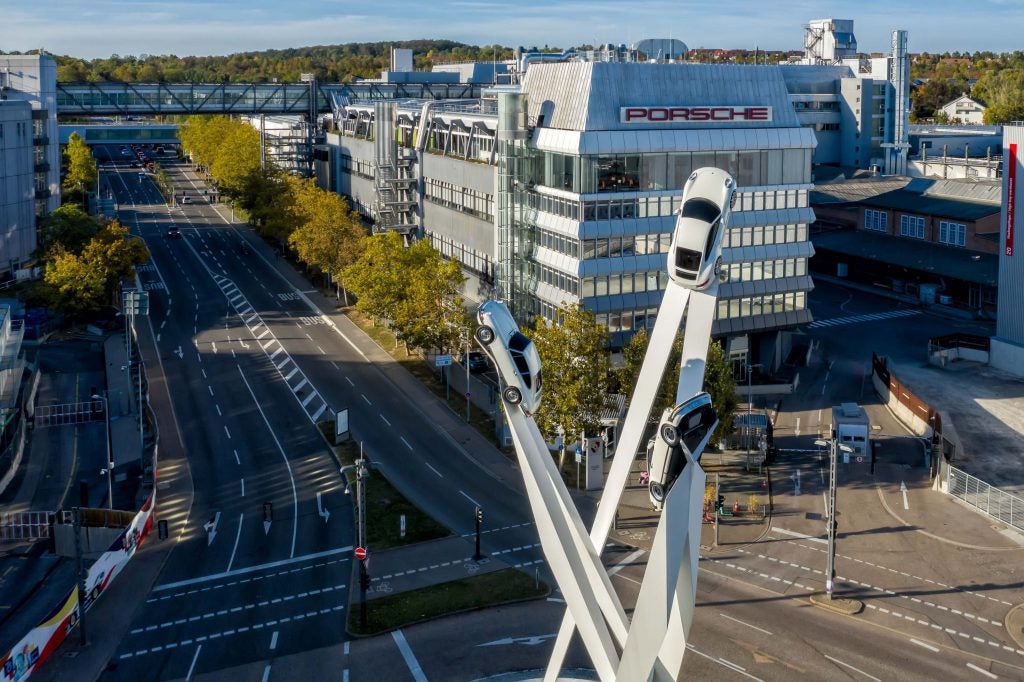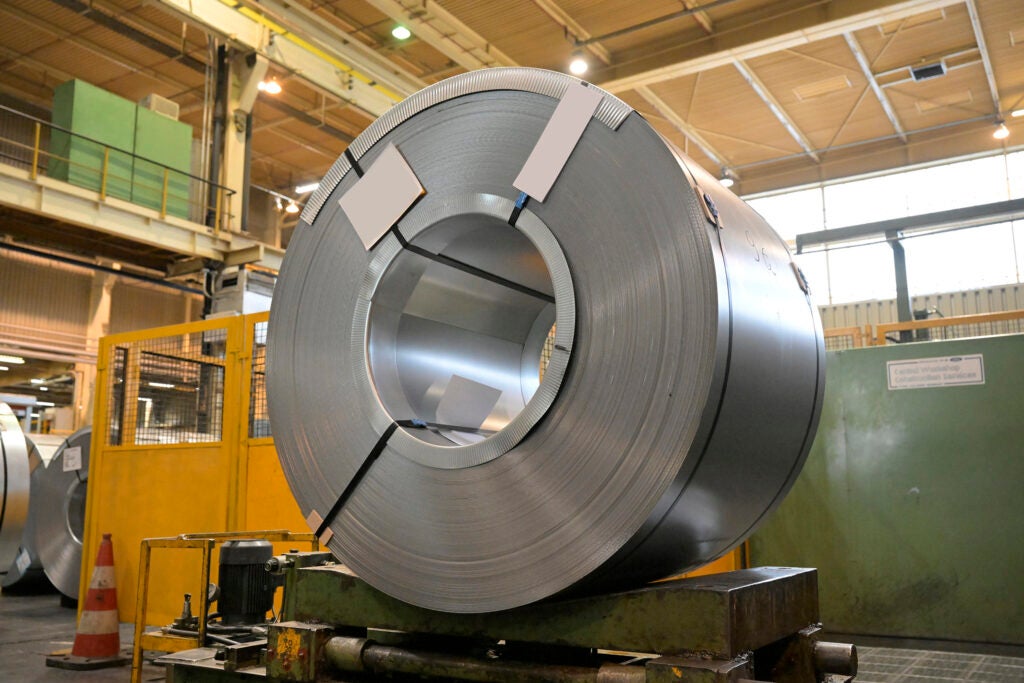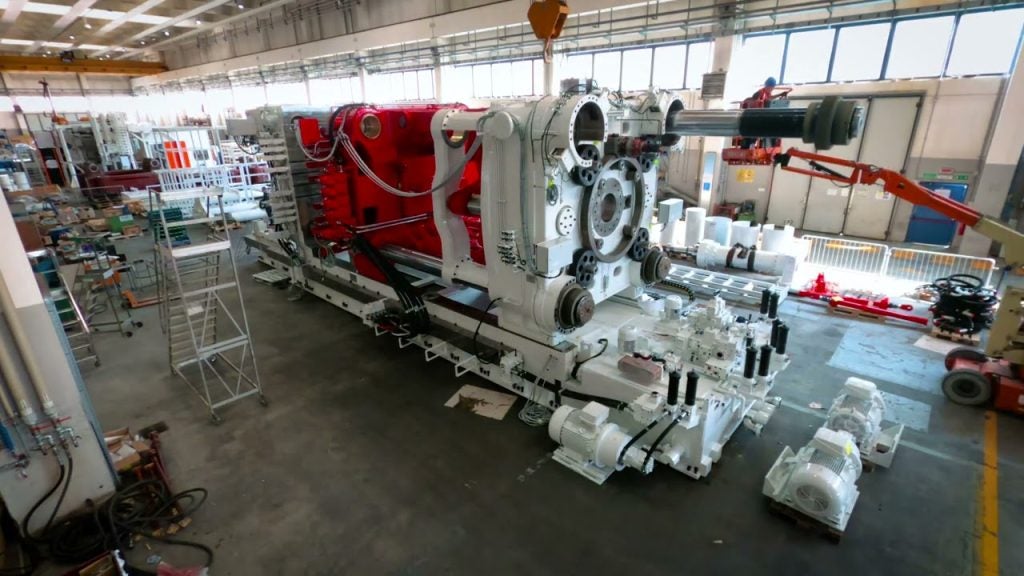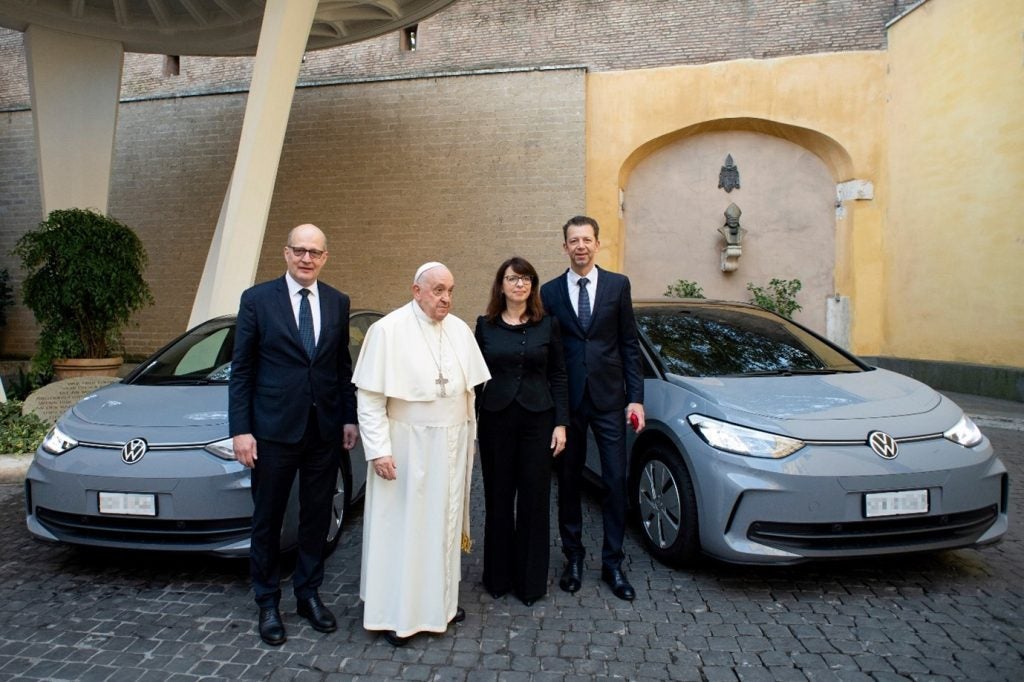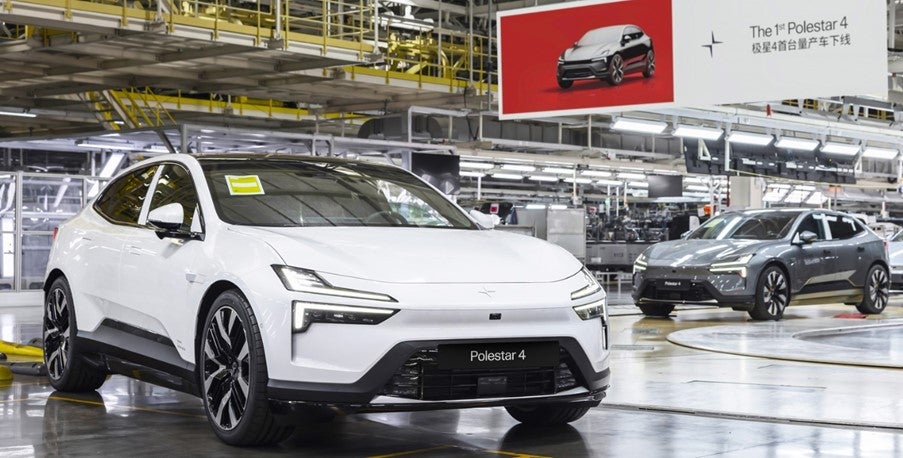Scania and SSAB have announced they have signed a letter of intent to decarbonise all steel deliveries from SSAB to Scania’s heavy-duty vehicles in 2030.
SSAB is Scania’s main supplier of steel for its vehicles.
Deliveries of SSAB’s Fossil-free steel is targeted to ramp-up rapidly from smaller amounts starting in 2026.
Christian Levin, CEO at Scania said: “Scania’s purpose is to drive the shift towards a sustainable transport system. To fulfil that purpose, we take action across the value chain together with partners as SSAB, who is at the forefront in the transition to a sustainable steel industry.”
Martin Lindqvist, CEO at SSAB said: “We are truly looking forward to ramping up the deliveries of our fossil-free steel, thereby contributing to more sustainable value chains. Fossil-free steel will be a game-changer in heavy transport.”
Scania has outlined a strategy to, by 2030, significantly reduce the carbon emissions within four “hotspots," constituting approximately 80 percent of its supply chain emissions: batteries, steel, aluminium and cast iron.
SSAB plans to deliver its Fossil-free steel to the market at commercial scale in 2026 and for its operations to be largely fossil-free around 2030. SSAB Fossil-free steel is manufactured using the HYBRIT technology, which replaces the coking coal traditionally used for iron ore-based steelmaking with fossil-free electricity and hydrogen. The by-product is water instead of carbon dioxide.


